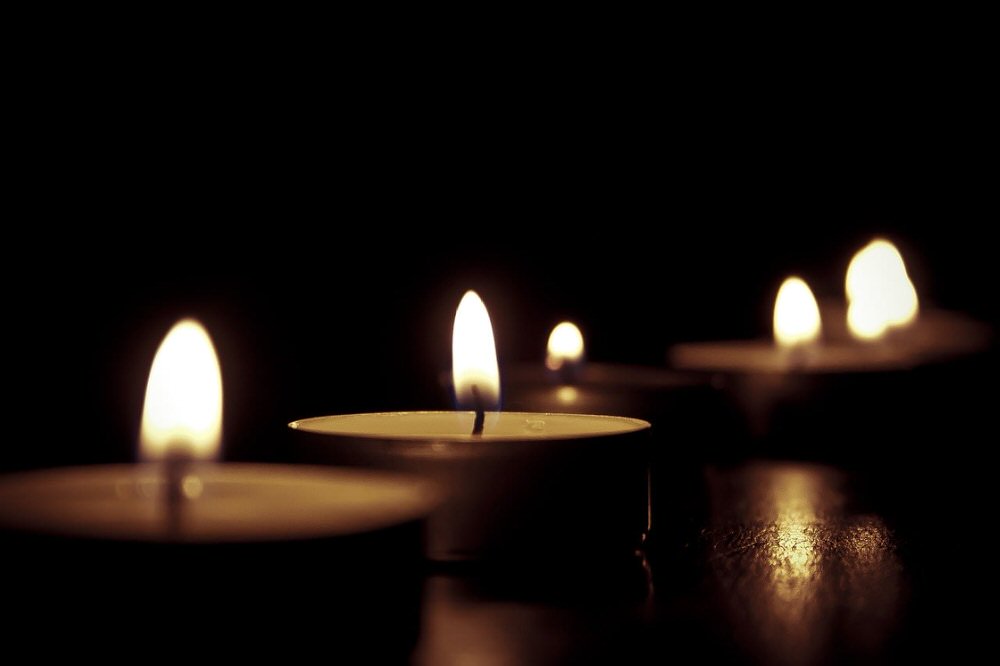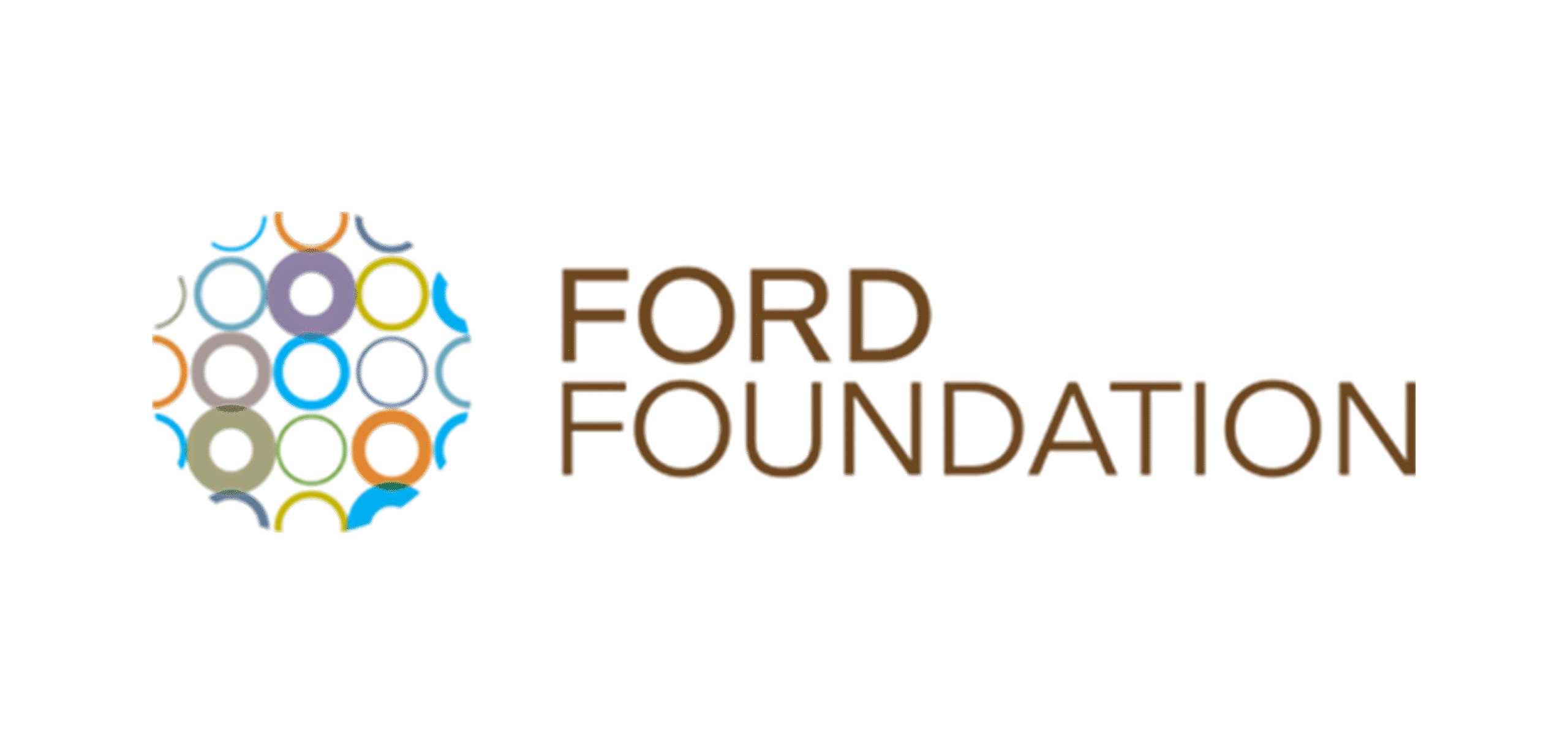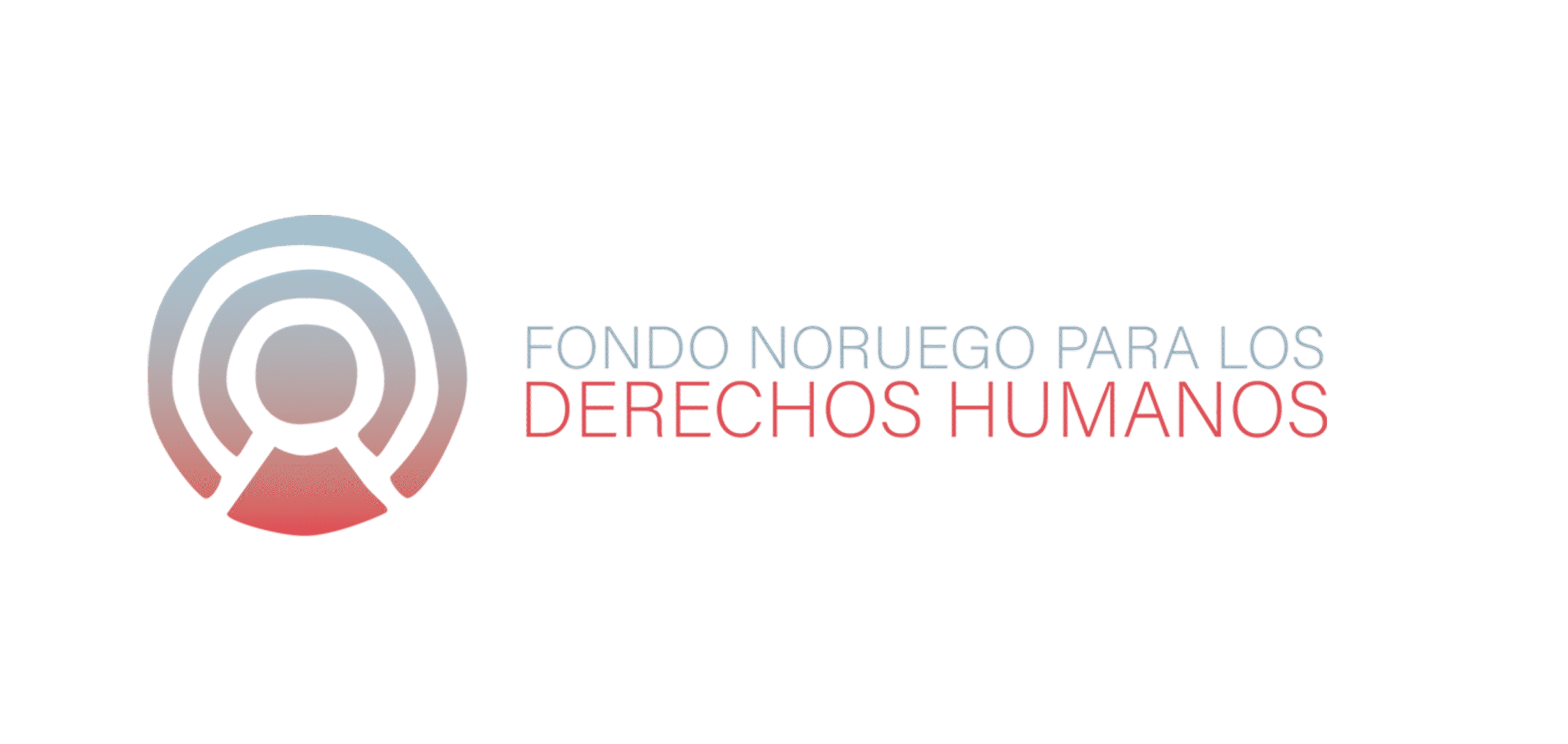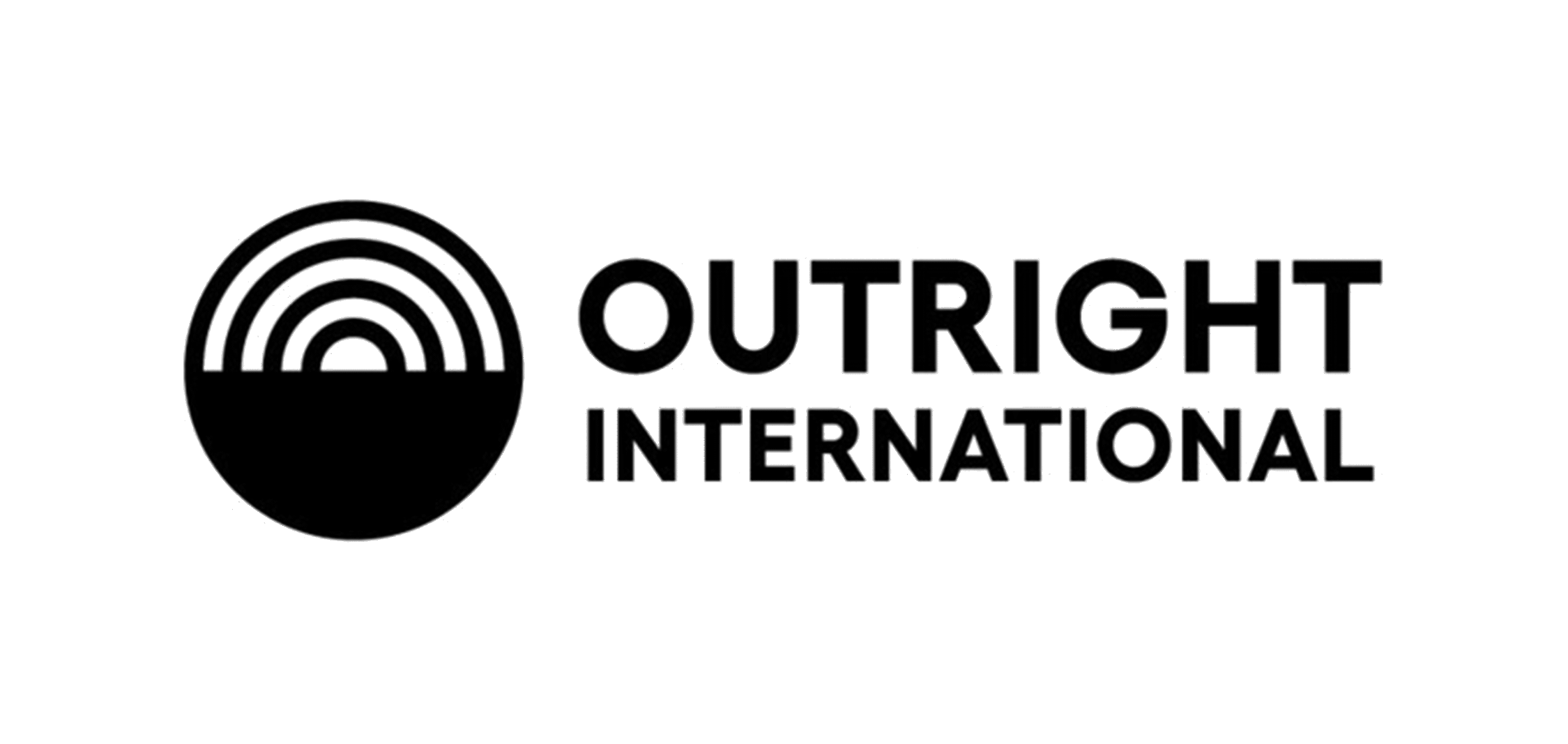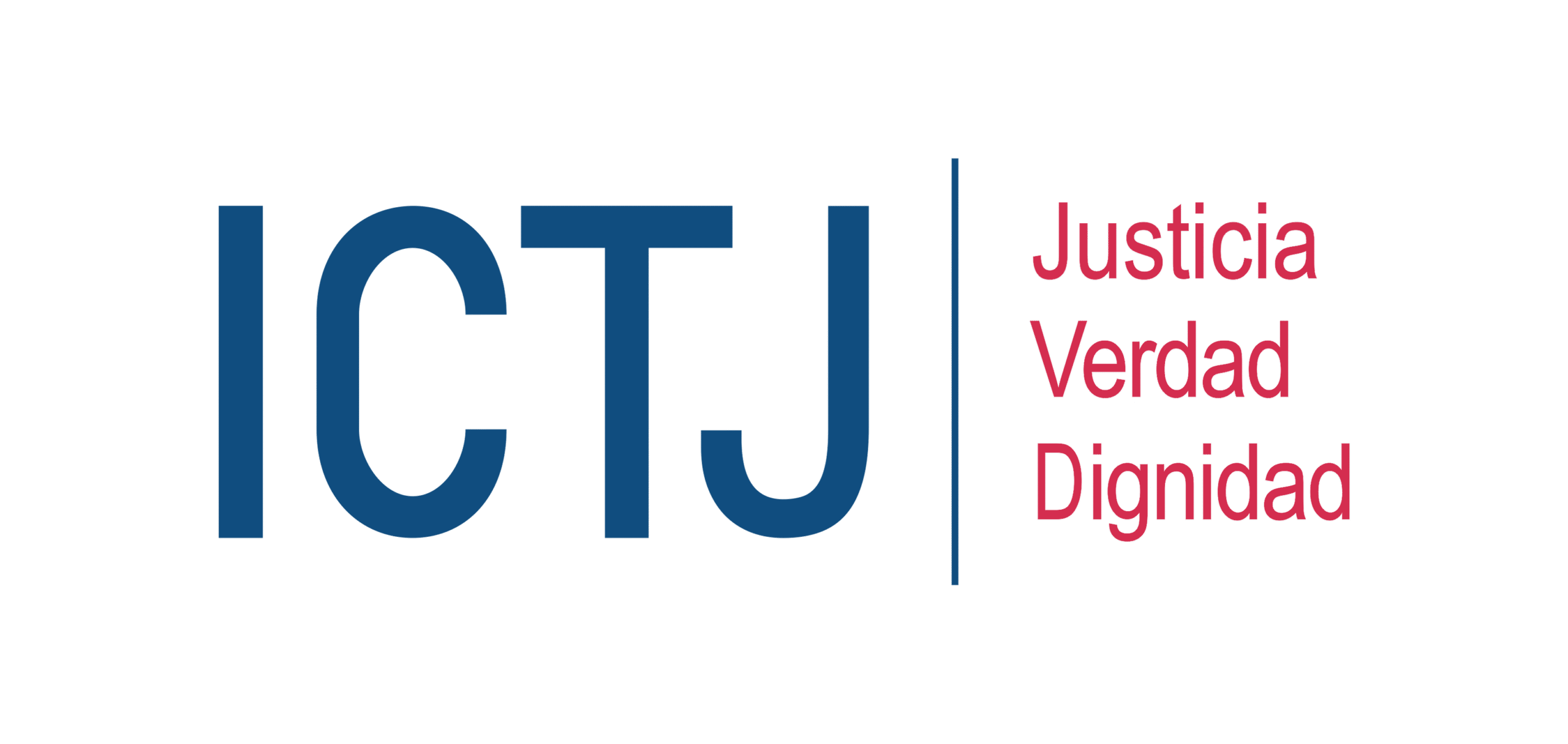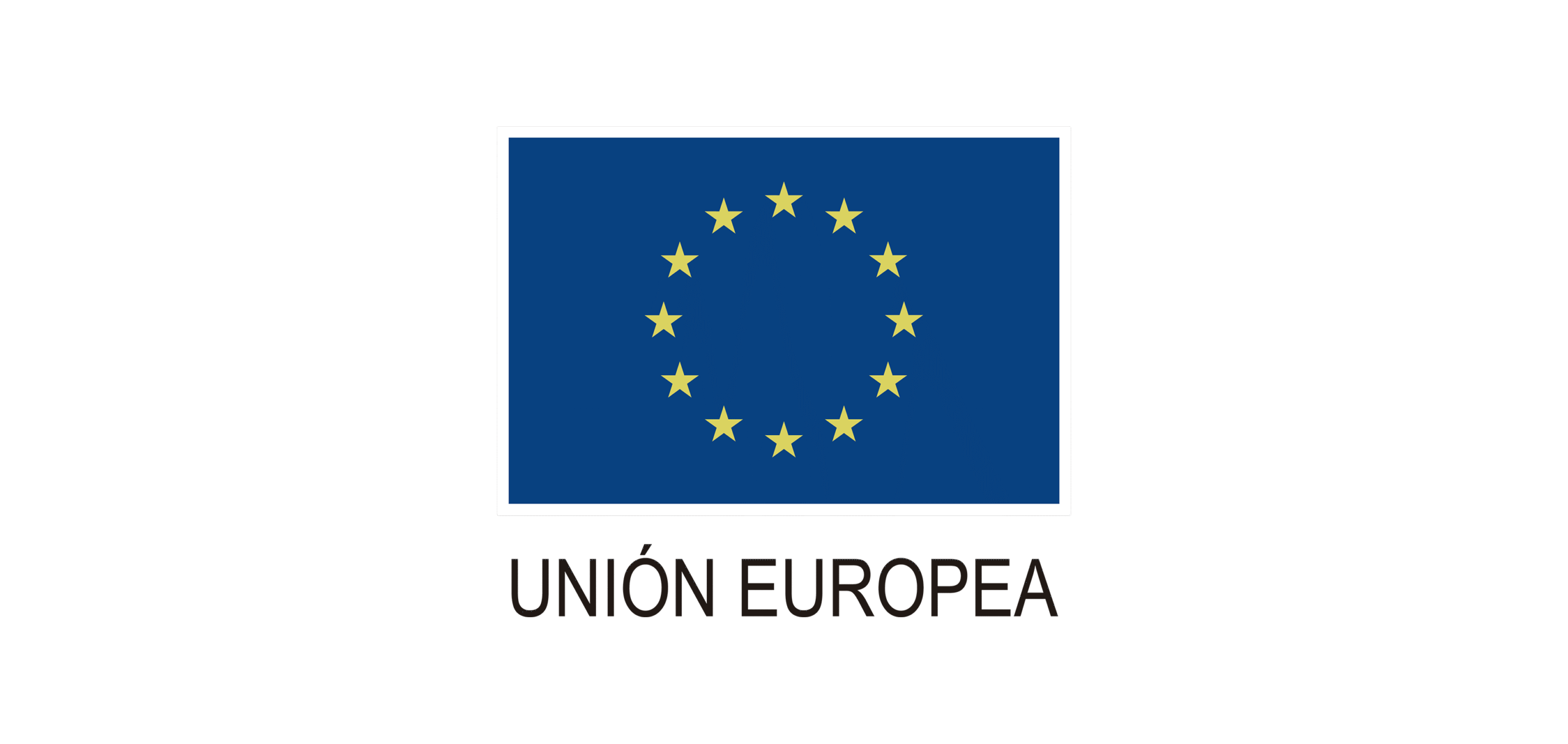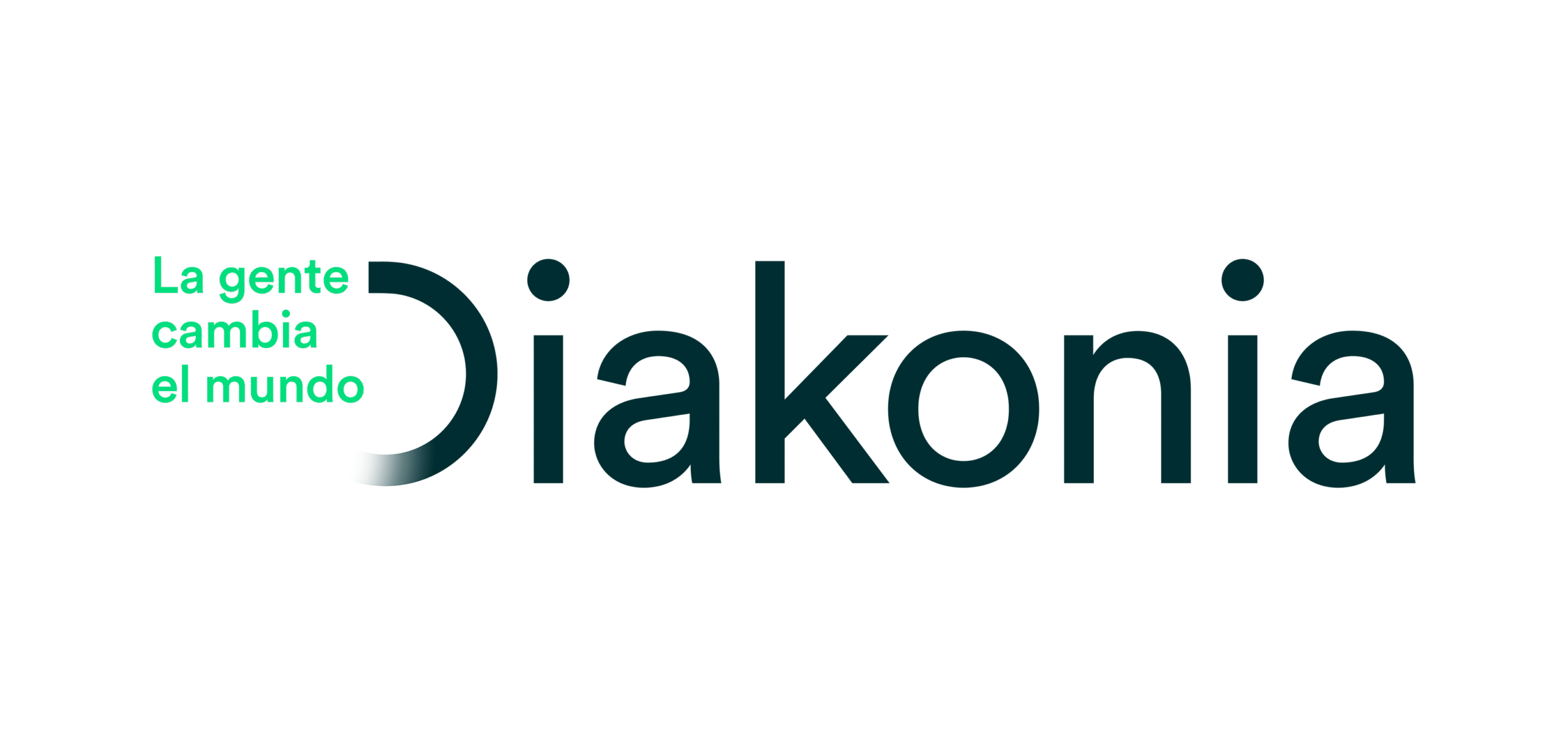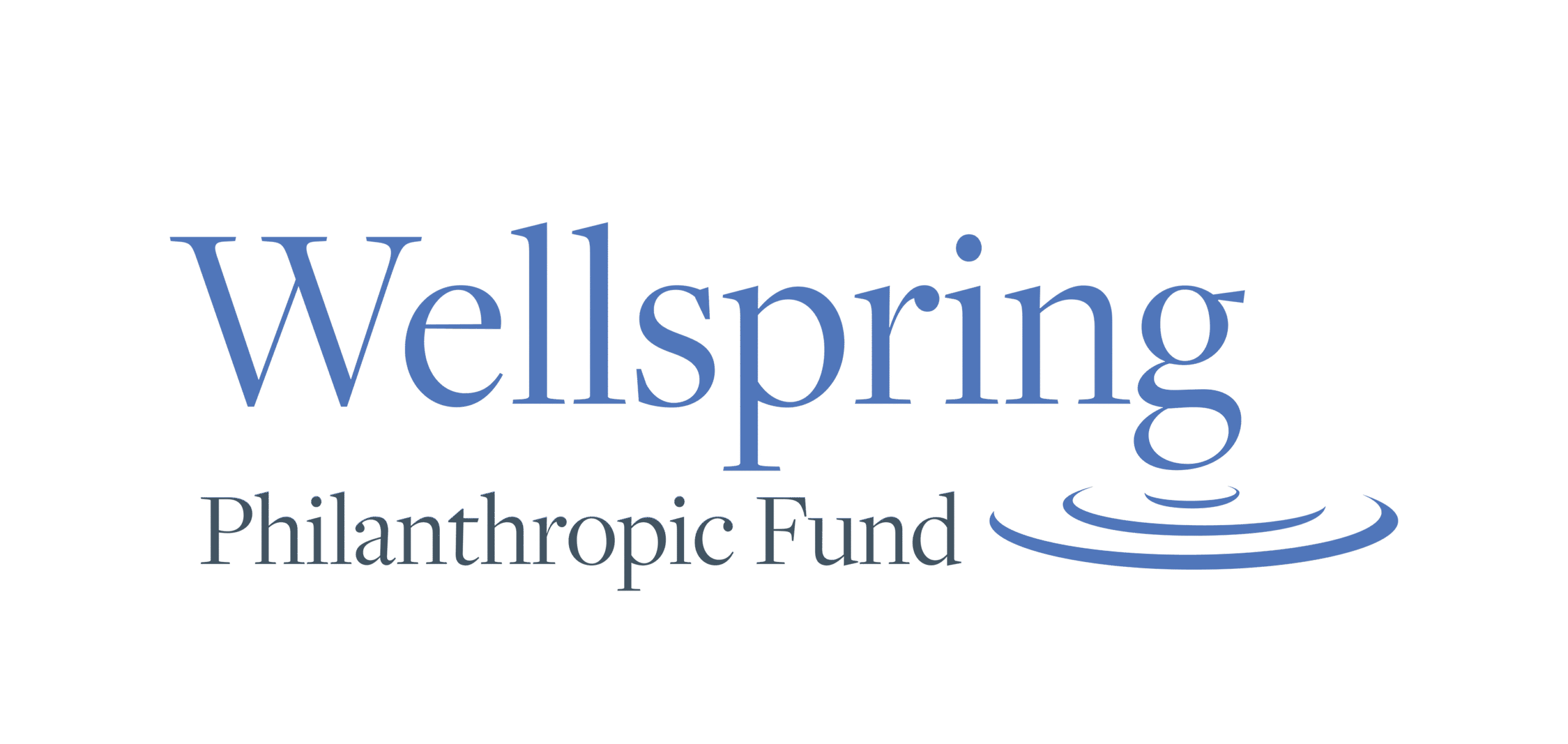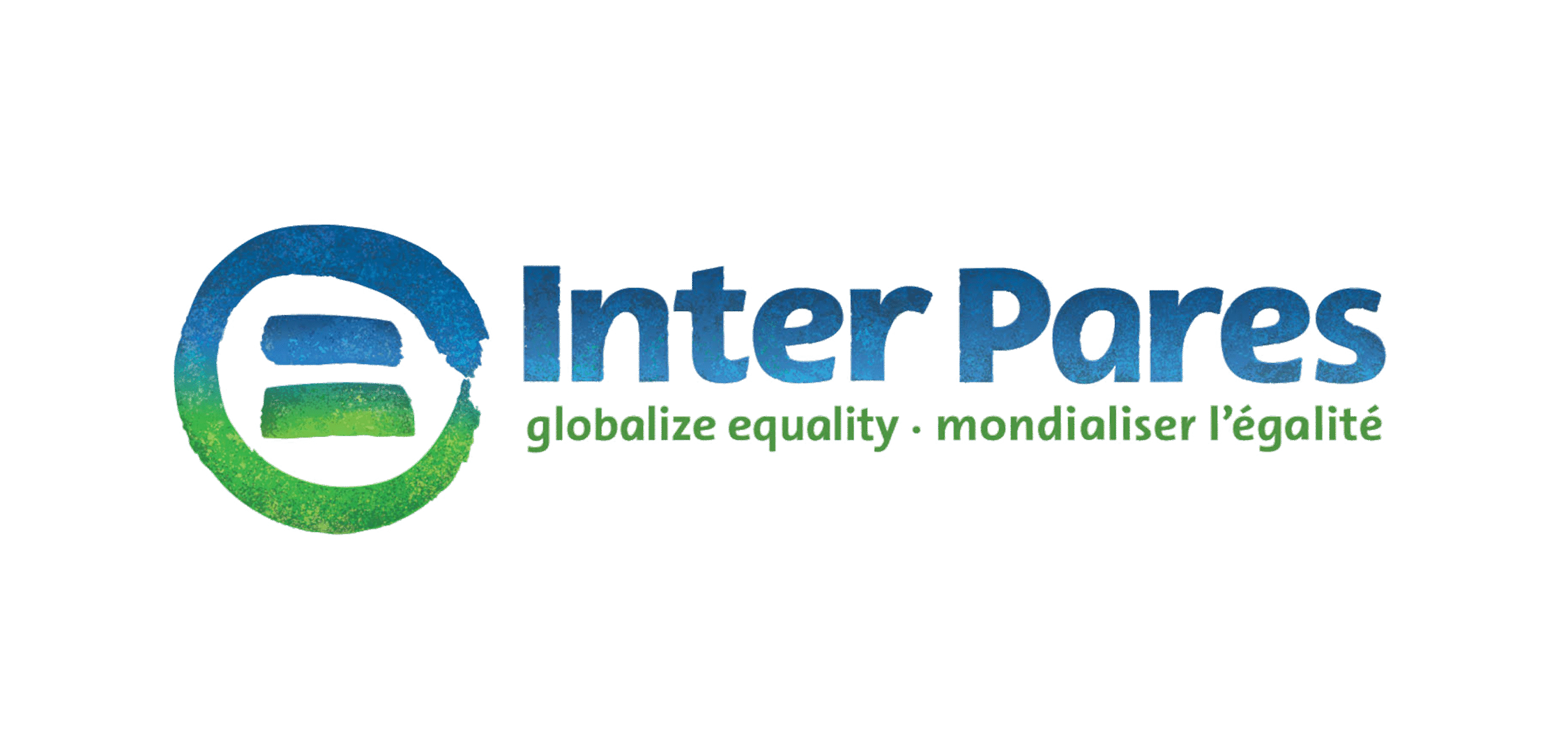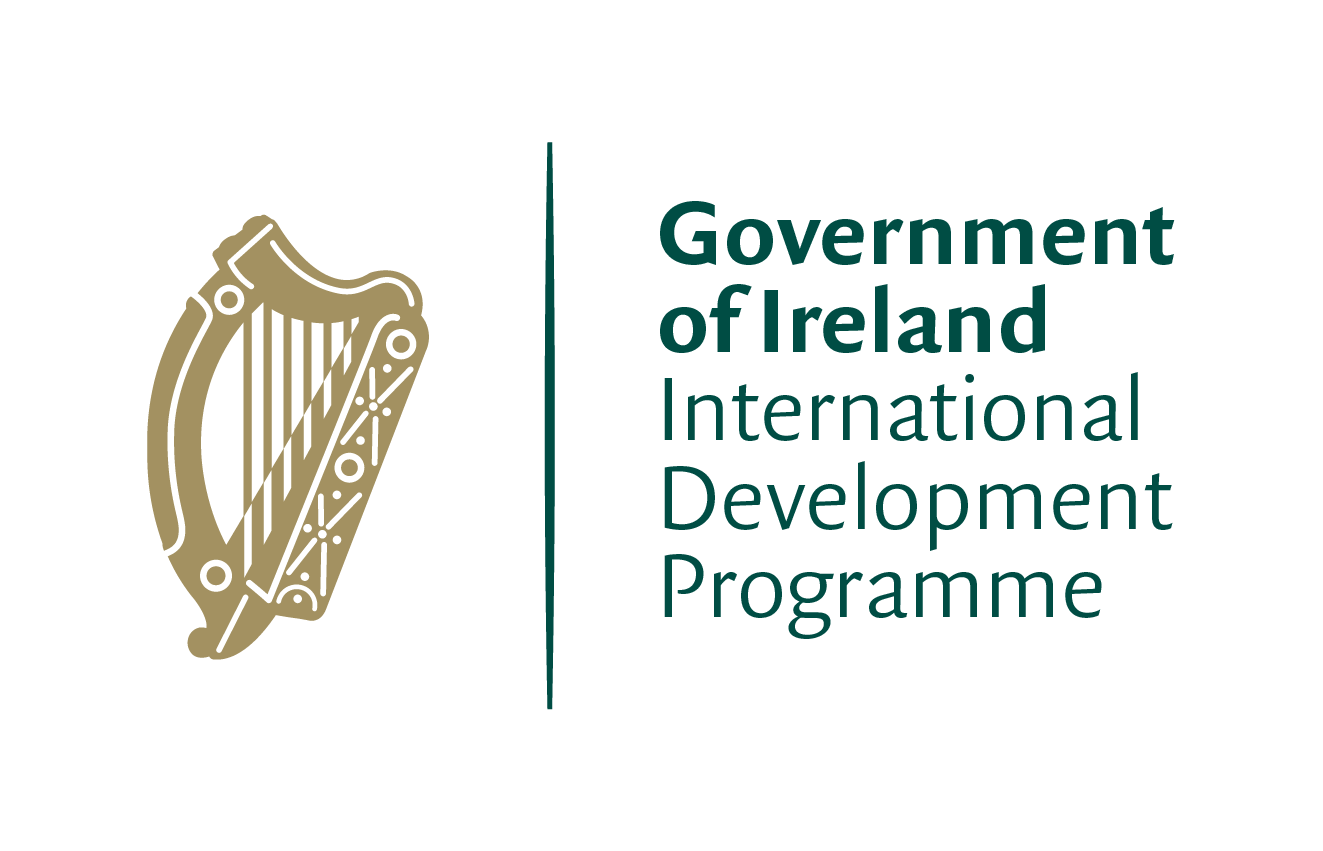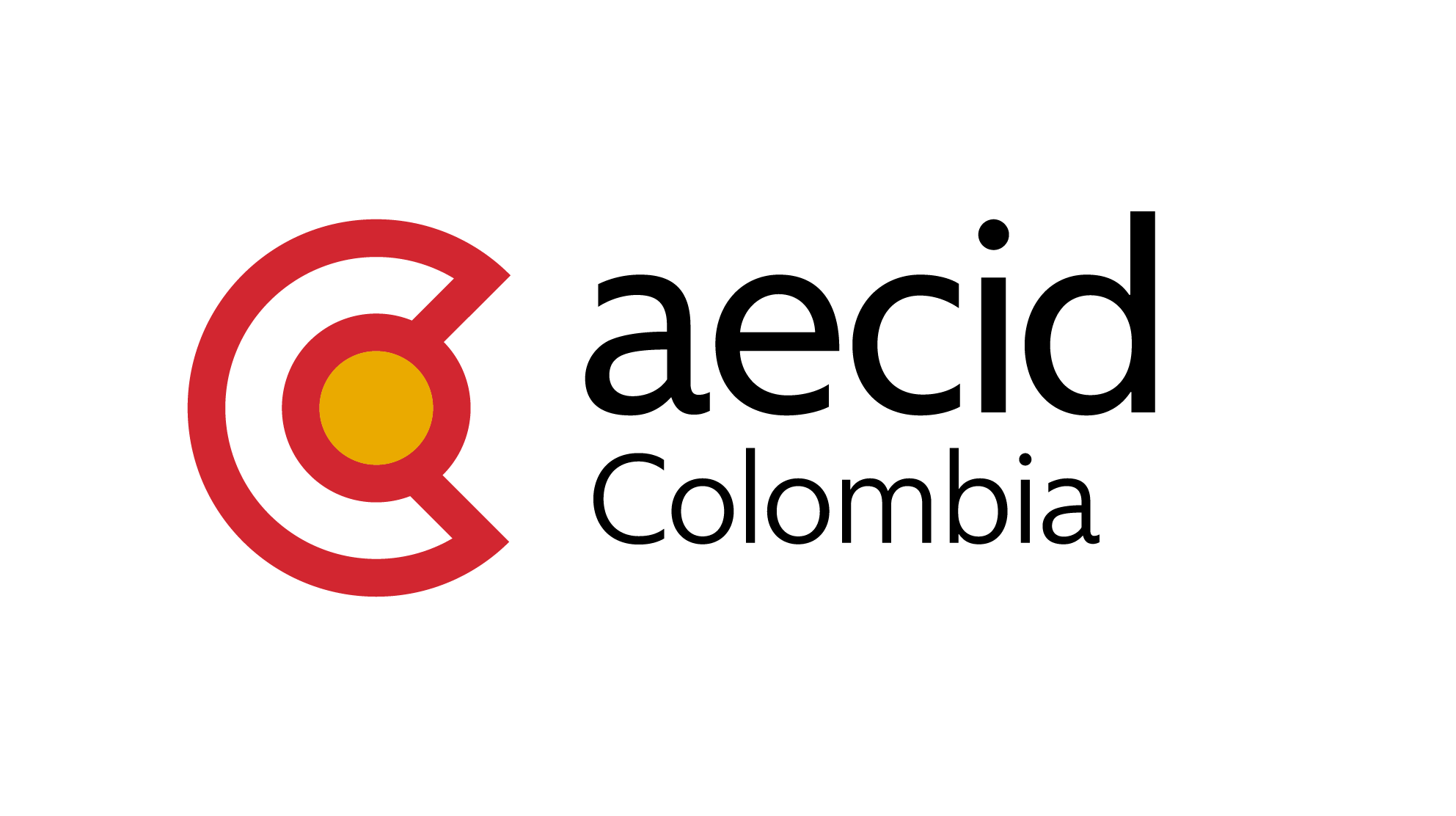Colombia is a country of fractures, of scars. In the midst of the chaos and crisis brought on by an unexpected pandemic, there are still the victims who, with pain in their chests, dare to face yet another crisis in the midst of impunity and the social leaders who continue to be assassinated today. And the only thing these people seem to be able to hold on to is memory and, against the tide, they ask us not to forget, not to forget them.
Every 9 April is the National Day of Remembrance and Solidarity with Victims. And, although one day is not enough, it is a kind of cry for us to remember that the pain has not gone away, it is still there, very present; because in our country, although it sounds implausible, to love someone "outside the norm", to look or dress "outside the norm" is to be a target of torture, of sexual abuse, it is a reason to be murdered.
"I will never forget my friend, I found her dismembered in front of the village church next to the chainsaw they used to cut her to pieces. She had been warned to stop dressing like a macho (...) she kept going out to the village like that, then they killed her. I tried to pick up her pieces before her mother arrived", this is one of many stories of the carousels of blood that the war has left behind, the stories that we, as an LGBT organisation working with victims of the conflict, have heard.
The "faggots" in Colombia were "punished", they should not only be in the crossfire to be victims, because just being or appearing to be unleashed all the prejudice contained in the guerrilla or paramilitary, no matter the shore, they unloaded their viciousness against these people.
But understanding the scars and open wounds that many lesbian, gay, bisexual and transgender people who have been victims of the conflict have is the first step in fulfilling a task of memory, of solidarity with what they lived through; it is a way of learning to reconcile ourselves with the pain that war has injected for so many years in our country.
To rebuild their memory is also to rebuild Colombia. It is to learn from their experiences in order to be resilient and to understand that believing in and wanting peace is the impulse we need as a country so that never again will a person have to suffer for kissing someone of the same sex or dare to look as their gender identity indicates, so that never again will anyone shed a tear because of war. It is possible.
The call, in the midst of this fight against a pandemic that affects us all, is to light a candle from wherever you are, as a gesture of solidarity with the victims, but, above all, of hope, of longing for peace, of justice for them.

